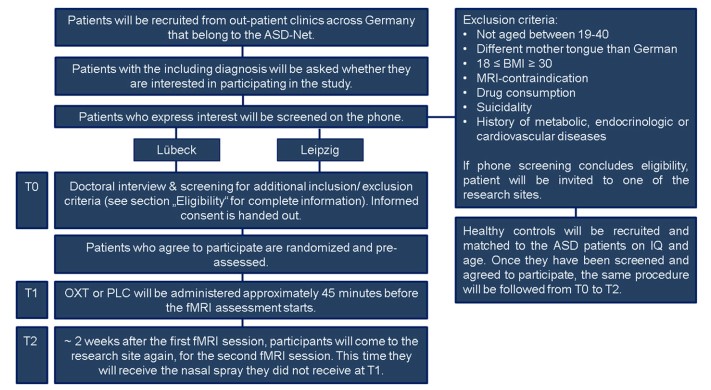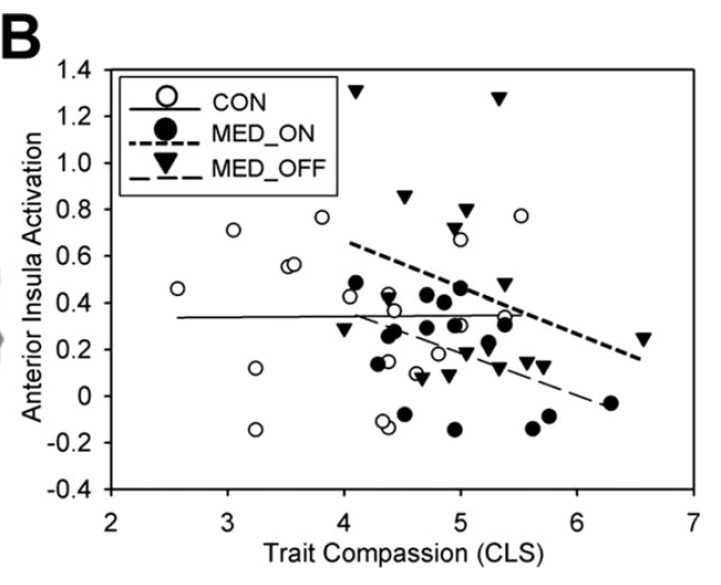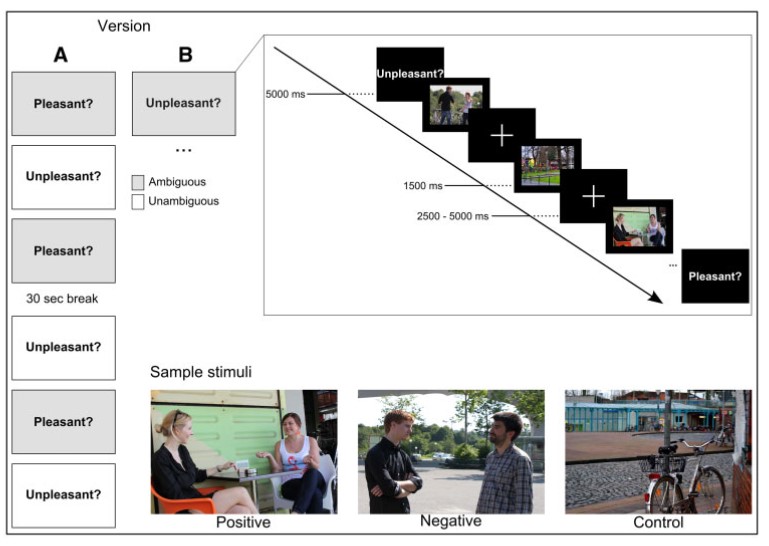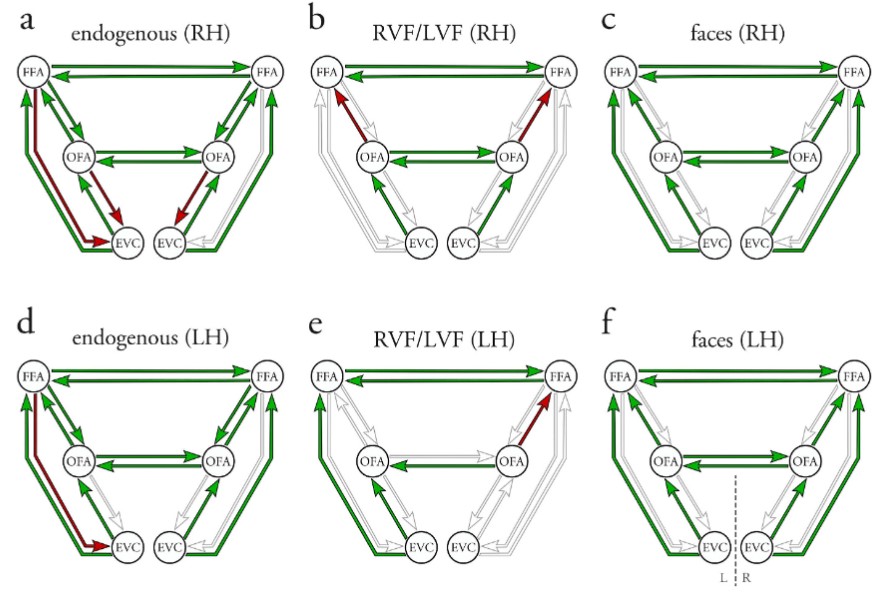Clinical trial of modulatory effects of oxytocin treatment on higher-order social cognition in autism spectrum disorder: a randomized, placebo-controlled, double-blind and crossover trial
Abstract Background: Autism spectrum disorders are neurodevelopmental conditions with severe impairments in social communication and interaction. Pioneering research suggests that oxytocin can improve motivation, cognition and attention to social cues in patients with autism spectrum disorder. The aim of this clinical trial is to characterize basic mechanisms of action of acute oxytocin treatment on neural levels […]



